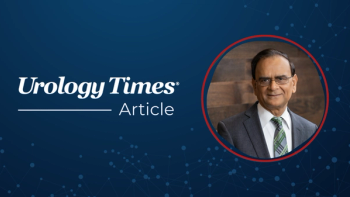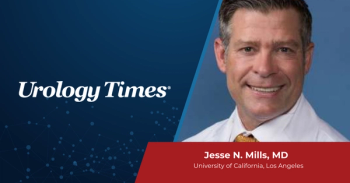
Testicular tissue cryopreservation offers hope to prepubescent males at risk for infertility

A team of Cleveland Clinic urologists and pediatric oncologists has developed a streamlined testicular tissue collection and storage process. They have enrolled and cryopreserved testicular tissue for nearly a dozen young patients so far.
Fertility preservation is currently not an option for prepubescent males who are undergoing gonadotoxic treatment or who have an infertility-causing disease, as they are unable to provide a semen sample. A team of Cleveland Clinic urologists and pediatric oncologists is hoping to change that by offering a testicular cryopreservation service—at no cost to patients.
An experimental approach with great potential
Preclinical studies have shown that autologous transplantation of spermatogonial stem cells (SSCs) from testicular tissue cryopreservation (TTC) has the potential to restore spermatogenesis in animal models. Though still in the experimental realm, clinicians and researchers are excited by its promising results.
“It’s still experimental, but the data published about its utility in primates is promising. We’re not quite there yet in humans, but I think we will be. The science is moving really quickly,” says Sarah Vij, MD, a urologist in the Department of Urology and the study’s primary investigator.
With this in mind, she and colleagues, pediatric urologist Audrey Rhee, MD, and pediatric oncologists Seth Rotz, MD, and Stefanie Thomas, MD, developed a streamlined testicular tissue collection and storage process. They have enrolled and cryopreserved testicular tissue for nearly a dozen young patients so far.
Dr. Vij, who also leads Cleveland Clinic’s Center for Male Fertility, says their goal is to have the tissue available for future use when research and technologies have advanced enough to support transplantation of SSC.
“Although we do not yet have the ability to develop sperm from spermatogonial stem cells in humans, there is hope that this will be available by the time these children are ready to grow their families,” says Dr. Vij.
The project was funded with a VeloSano Impact Award, a Cleveland Clinic cancer research grant.
In addition to obtaining and storing the tissue for potential future use and research pursuits, the team is also assessing the effect that tissue storage has on parental distress during and after treatment.
They plan to capture this data systematically to understand the association between parent experience measures and determine if TTC plays a role in reducing parental distress and/or increasing parental hope.
“For some patients and families, having that conversation about fertility can provide some solace. You’re talking about life after treatment, which can be a hopeful dialogue and alleviate some distress, as difficult as those conversations may be,” adds Dr. Rotz, who leads the Childhood Cancer Survivorship Clinic.
Improved survival has changed the conversation about future fertility
Advances in pediatric cancer treatment have led to a greater than 80% survival rate at least five years post-treatment. This has shifted the conservation among parents and providers about how to best manage the longer-term effects of cancer treatment on quality of life, which includes fertility.
“Every patient encounter is different, and age, sex, and treatment are all variables that shape the fertility-preserving conversation,” stresses Dr. Rotz. “Regardless of the patient’s age, our goal is to have a conversation about fertility and infertility and potential fertility preservation options with all of our new cancer diagnosis patients before we start therapy. It’s never too early.”
Dr. Vij acknowledges that TTC is not inexpensive; it’s novel and still experimental. So to be able to offer it to all patients at no cost is significant.
“We are trying to remove all barriers to entry for interested patients and families.”
Newsletter
Stay current with the latest urology news and practice-changing insights — sign up now for the essential updates every urologist needs.






